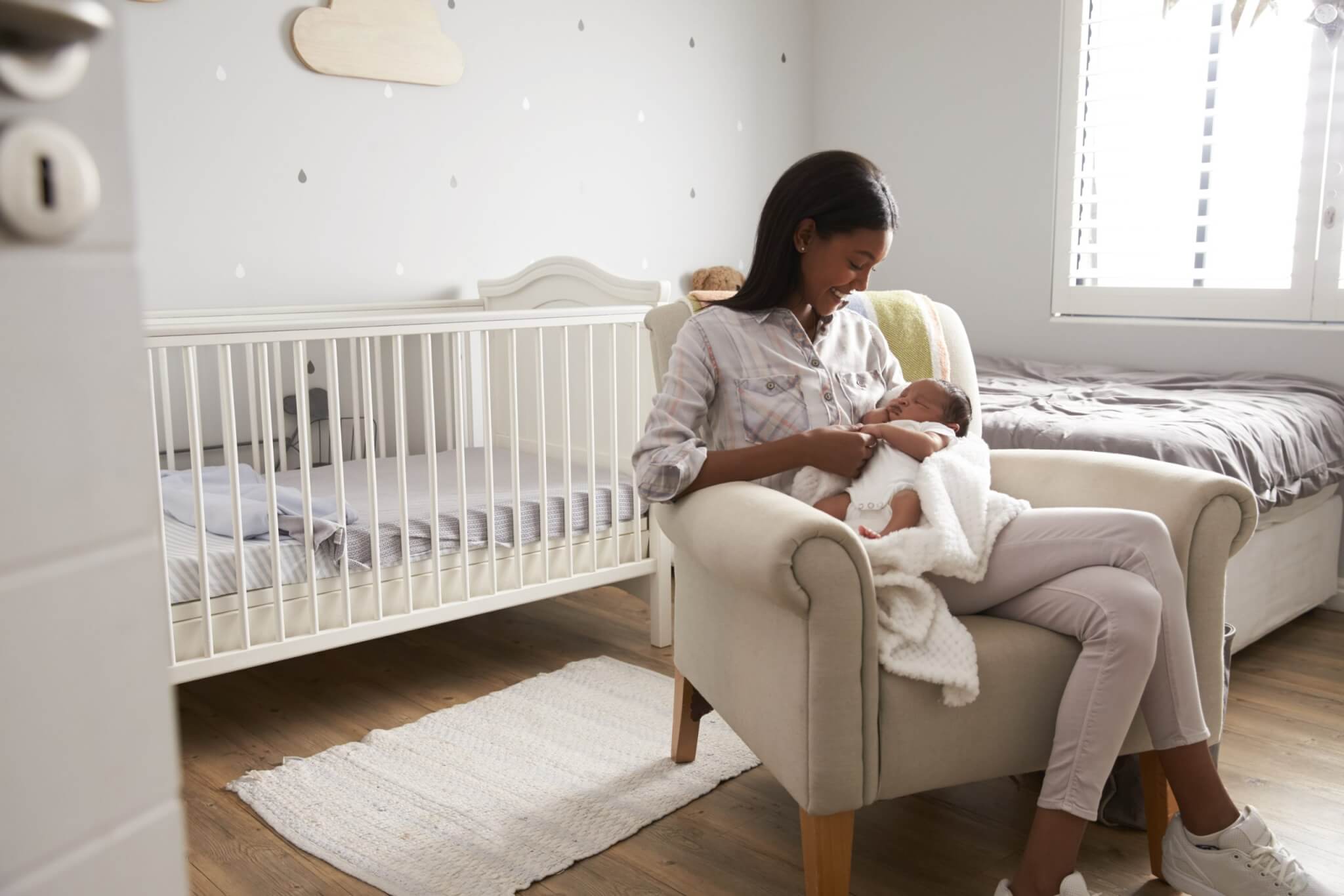Bath Time

The ideal time for baby's first bath is 2-3 days of life. Your nurse will demonstrate baby’s first bath, if requested, just prior to discharge home. Babies are born with vernix which protects them from germs in the environment and provides immunity as it is absorbed into their body. A baby does not need to be bathed every day as this may dry out your baby's skin. Make sure you have all your supplies handy before you begin. It is suggested that you use a plastic baby tub instead of a large family tub. You do not have to worry about the baby's cord becoming wet. Use a small amount of warm water that you have tested with your wrist and mild soap. Always start with washing the face (don't use soap) and hair first. Dry the baby off promptly and keep him/her warm and dry afterwards. Remember to hold the baby's head up during the bath. Never leave a baby alone in a bath or water, even for one second.
The Baby's umbilical stump will fall off within 7-10 days; continue to wash the area. If the umbilical stump appears red, swollen or foul smelling, seek medical attention.
Click here for information about the steps involved in bathing a newborn. Courtesy: Middlesex London Health Unit.
Diaper changes and bowel habits
Change baby's diaper frequently, prior to each feeding. This will help to prevent diaper rash.
Your newborn's wet and soiled diapers can give you clues about your baby's health.
Babies can become dehydrated if they're not getting enough breast milk or formula or if they lose fluid because of diarrhea, vomiting or a fever.
For the first few days, your baby may have approximately three wet diapers each day. After that, expect six or more wet diapers each day throughout the first month of life.



